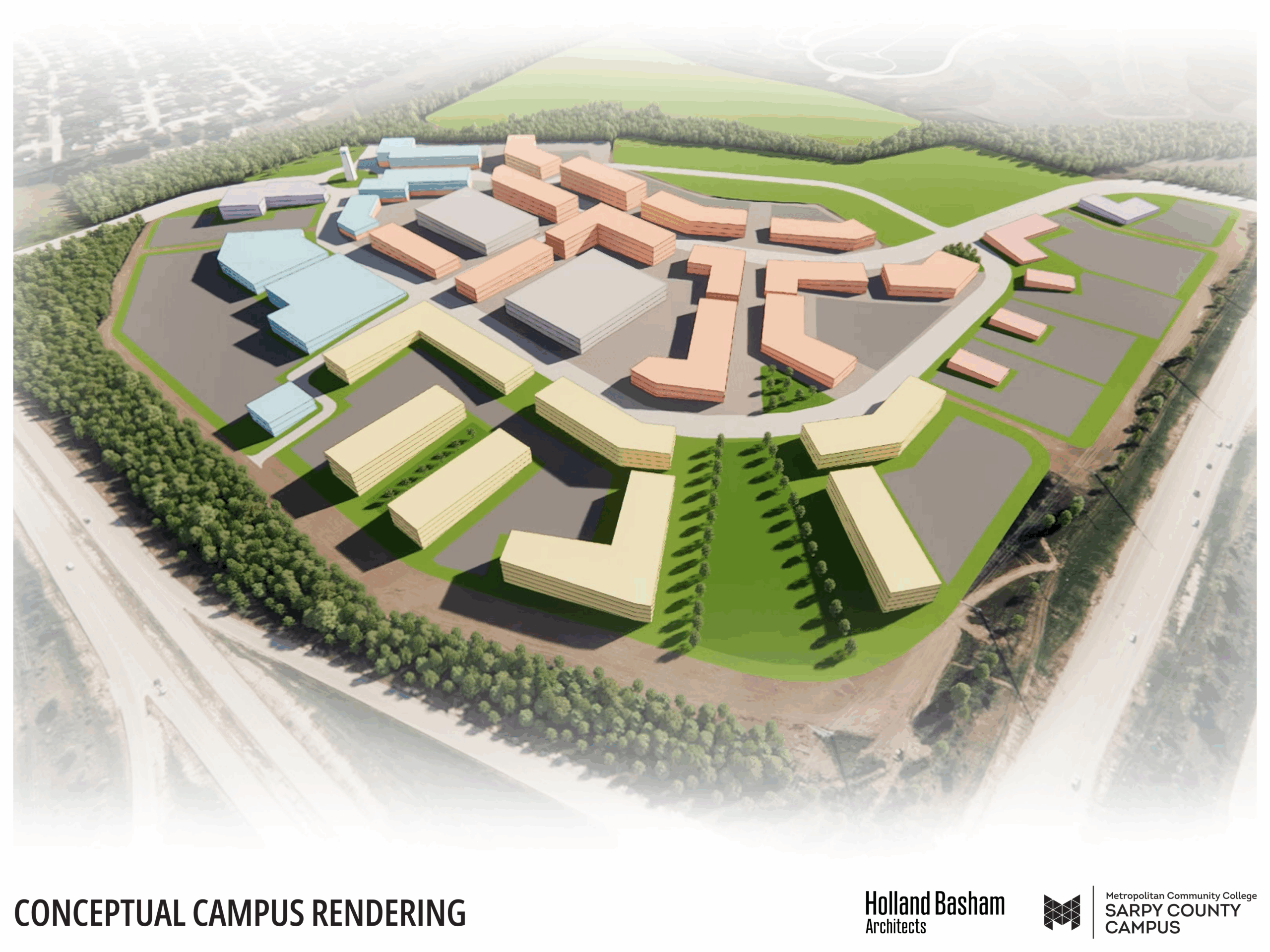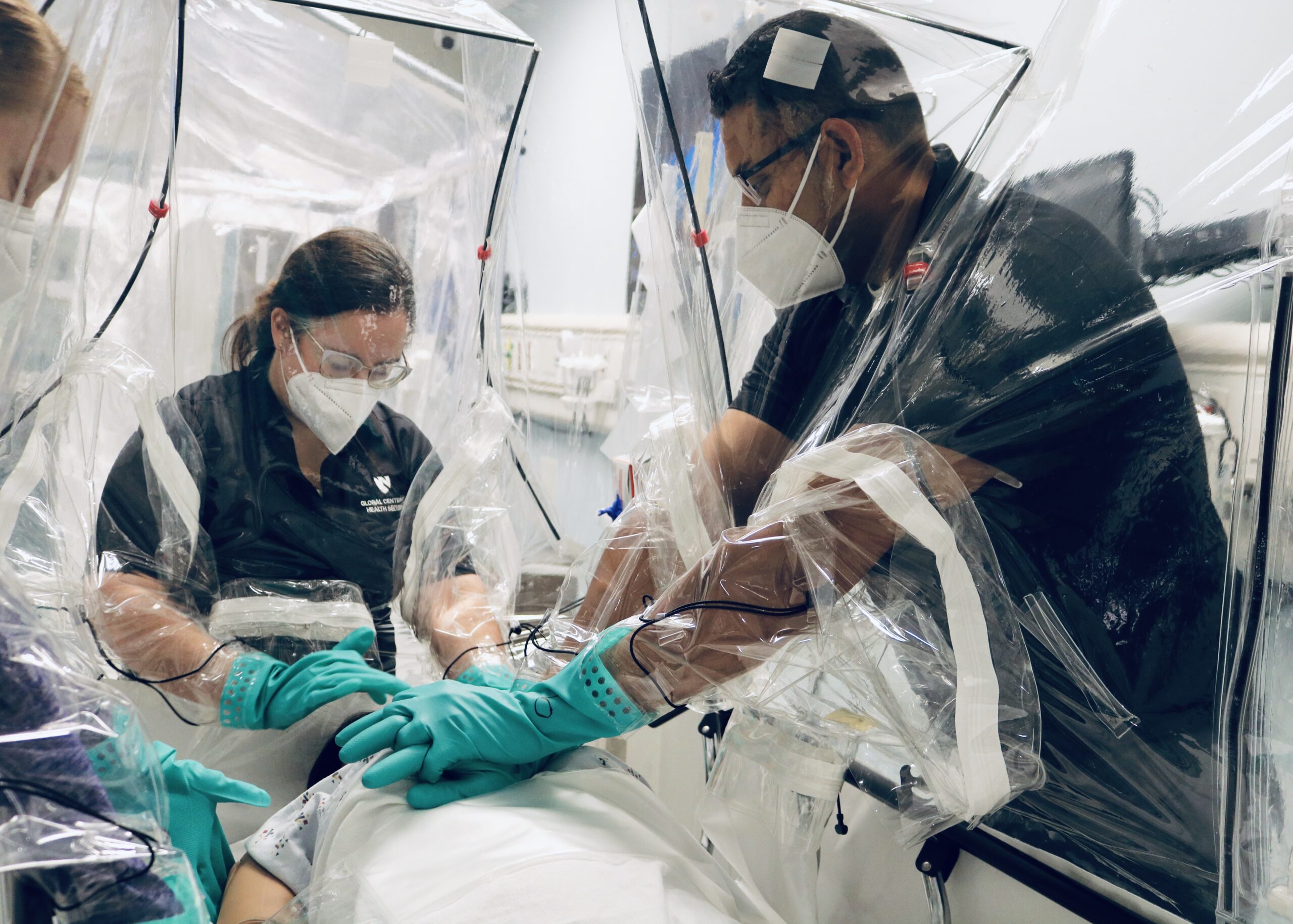Meet John Strope, Program Coordinator @ Heartland Robotics Cluster
How would you describe the startup culture in Nebraska?
Nebraska’s startup culture reflects one of the big draws of the state as a whole—it’s a lot more focused on the impact of what you’re building over the glitz and glamor of who you’re building it with. As an Alabamian-turned-Nebraskan, there’s a pragmatic and community-focused mindset that’s noticeable throughout the state.
People here are remarkably open and approachable. Even if someone can’t help you, they’ll probably point you in the direction of someone who can. It’s not like that in other places, and that’s a strength to be proud of.
How do you balance taking risks and making calculated decisions in pursuit of innovation?
I’d long considered myself an aspirational risk-taker: watching other people take risks was thrilling, but it was very rare for me to dare to jump myself. This actually turned out to be an important stage for me, as it shaped my understanding of risk and taught me to differentiate between bravado and strategy.
I usually look at risk as a strategic game made up of three components: success probability, payoff priority and failure consequences. For example, we avoid high-stakes gambles like expensive equipment purchases without guaranteed use-cases. Instead, we favor strategic risks that offer clear competitive advantages with manageable downsides, like investing time in unexpected features that could distinguish us in a crucial pitch.
Interestingly, as I’ve grown more comfortable with risk, the nature of these risks has evolved. What once felt daunting—in my early career I had nightmares about doing off-the-cuff pitches—has become routine, and the challenges we tackle at the Heartland Robotics Cluster now would have been unimaginable to me five years ago. At a certain point I found myself working on a high-value project overseas with no idea if we’d succeed or when I’d return to the US. But this progression reinforces that risk is as much about perception as it is about reality. By gradually pushing my boundaries, I’ve not only expanded my comfort zone but also a capacity for innovation.
How do you define success and what metrics do you pay the most attention to?
Success, to me, is hard to separate from personal satisfaction and professional achievement. Professionally, we gauge success by the impact we create, whether that’s new engagement levels, the rate of technology adoption among new users or the qualitative feedback from our community. These indicators help us measure our effectiveness in making advanced technology accessible and in nurturing the workforce of tomorrow.
On a personal front, success is more introspective and revolves around happiness and fulfillment—something I put as a bottom priority for much of my early career. I’ve loved being able to build a life in Nebraska built on people I love and respect, and being able to stay curious and engaged in my passions—whether that’s exploring new art, enjoying a baseball game or crafting something in my workshop.
Ambition is great and all, but I’ve really come to cherish and nurture the life I’ve built around those ambitions.
What are the top one or two challenges / opportunities Nebraska startups face?
Bridging the talent gap is a recurring challenge in Nebraska. Despite our strong educational foundations, effectively linking talented builders with competitive companies remains a stumbling block. To clarify, I’m not talking about the brain drain—that’s a whole other can of worms. I simply mean that a state that takes 10 hours to traverse presents unique challenges when it comes to having a unified talent pool and visible platforms for builders.
Nebraska’s strong sense of community and collaborative spirit should ideally counteract this, but what we need are more ‘cross-pollinators.’ Initiatives like the Heartland Robotics Cluster, platforms like SPN or spaces like Nebraska Innovation Studio can play a crucial role here, serving as hubs for interaction and innovation. I’ve met some of my closest collaborators in these places, at random meetup groups or events. Knitting those individual hubs and silos together only serves to enhance the visibility of our progress and the resources available, attract more innovators to the state and turn a few robust but isolated clusters into a statewide network of innovators.
What is one emerging industry or technology that you believe will have a significant impact on the Nebraska startup ecosystem in the next few years?
Manufacturing is consistently the state’s 2nd largest GDP segment, well ahead of agriculture and behind only the finance and insurance giants based primarily in Omaha. New advancements in industrial computing and automation hold the potential to revolutionize how we manufacture things, but also the role human beings play in that process.
We hear a lot about the potential AI has to revolutionize these types of environments. But for the average Nebraska manufacturing operation, a vision-based inspection system or an automated welding cell (which are now under $90k, by the way) would be enough to absolutely transform their operations. Being able to boost employee productivity and reduce tedium via automation is impactful for companies in bigger towns with large labor pools, but it’s a matter of life or death for those in rural communities. Practical, modern, affordable automation tech—that’s an untapped segment that needs to be served quickly.




